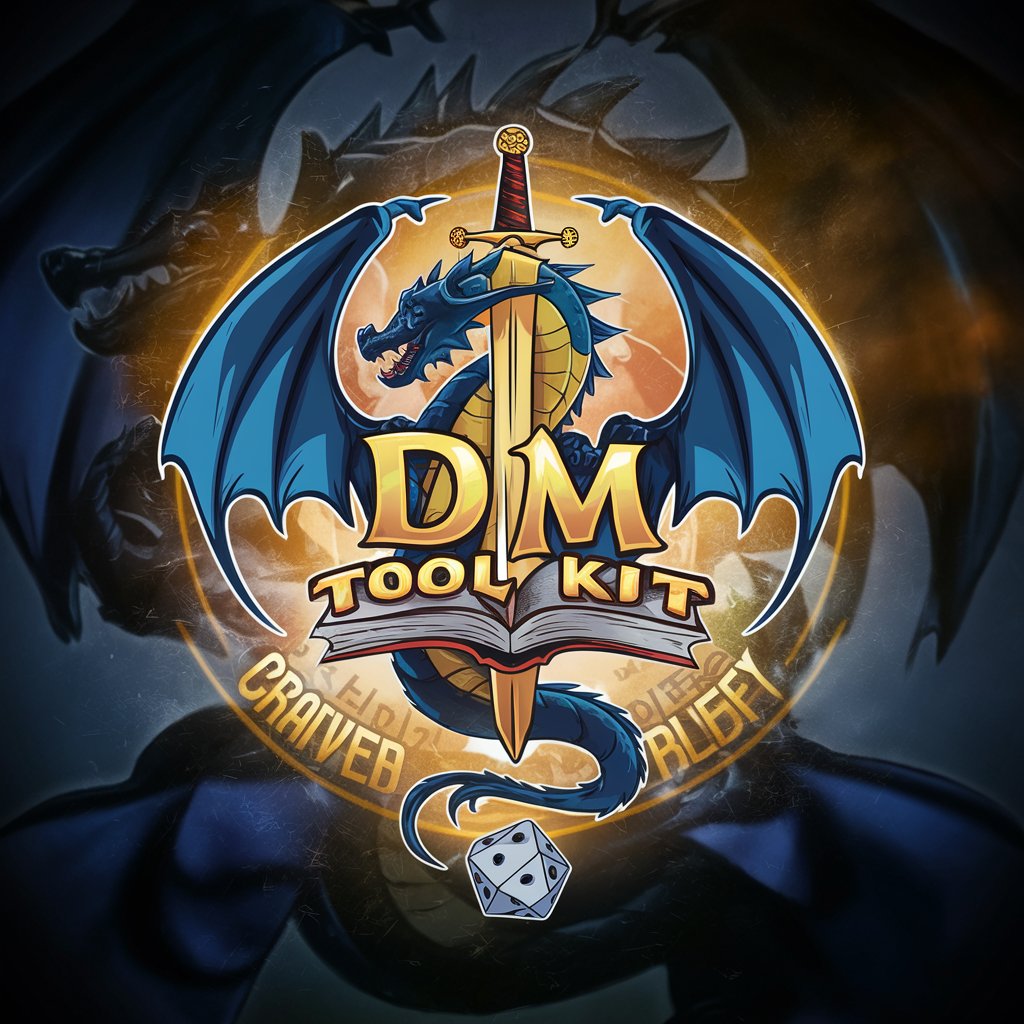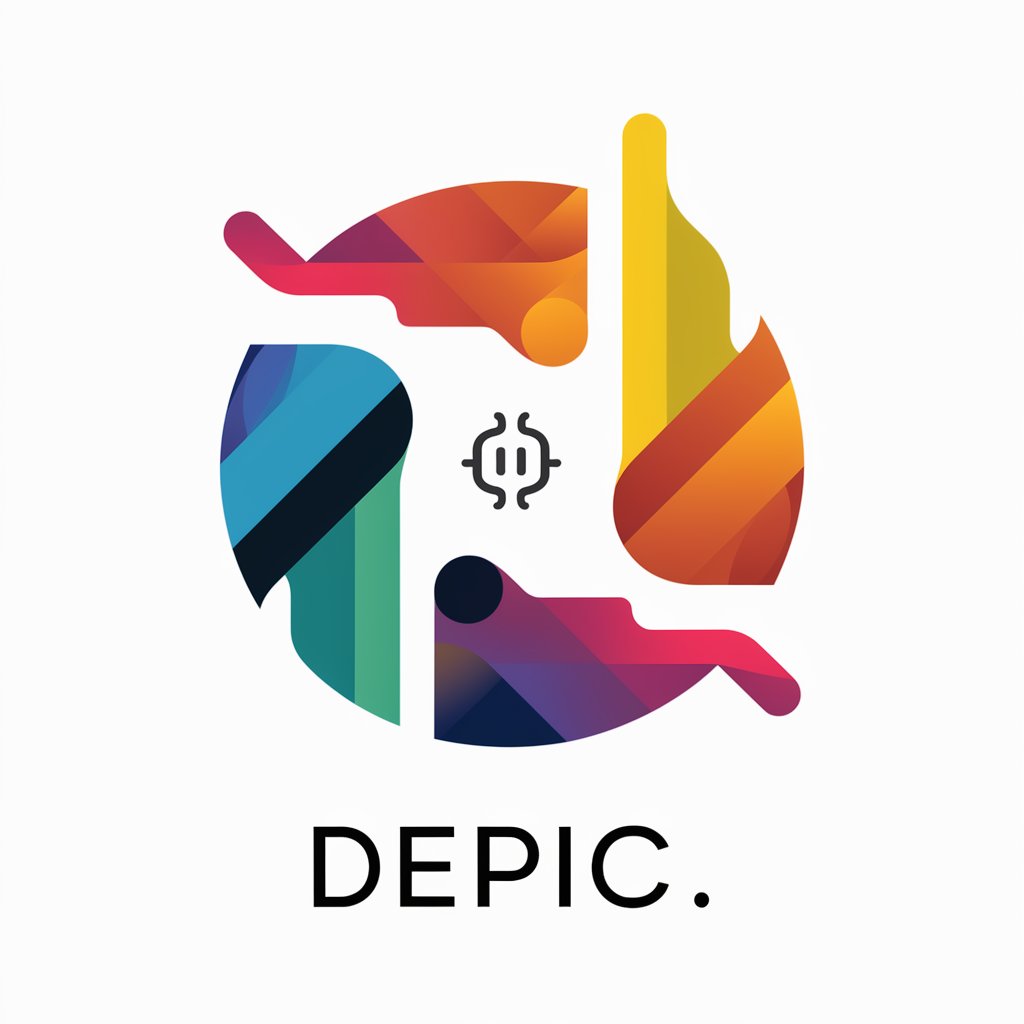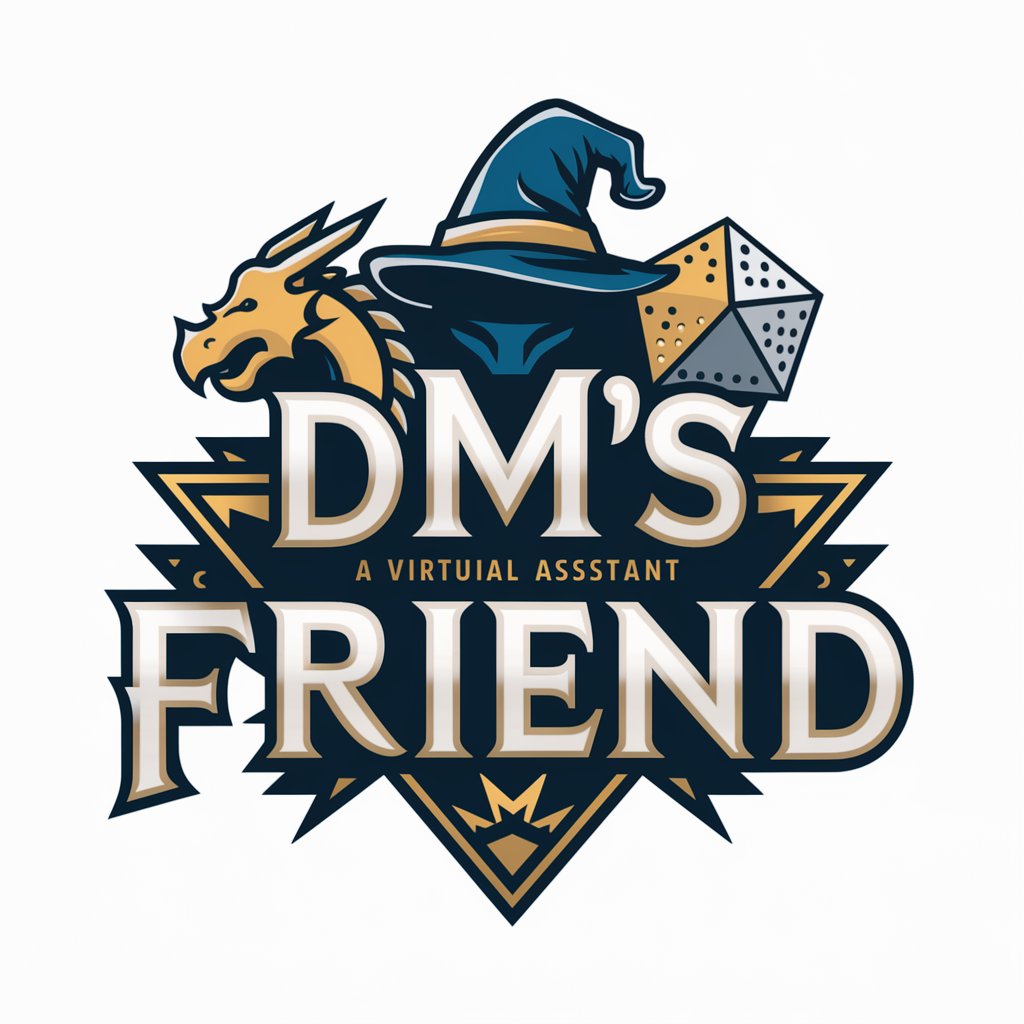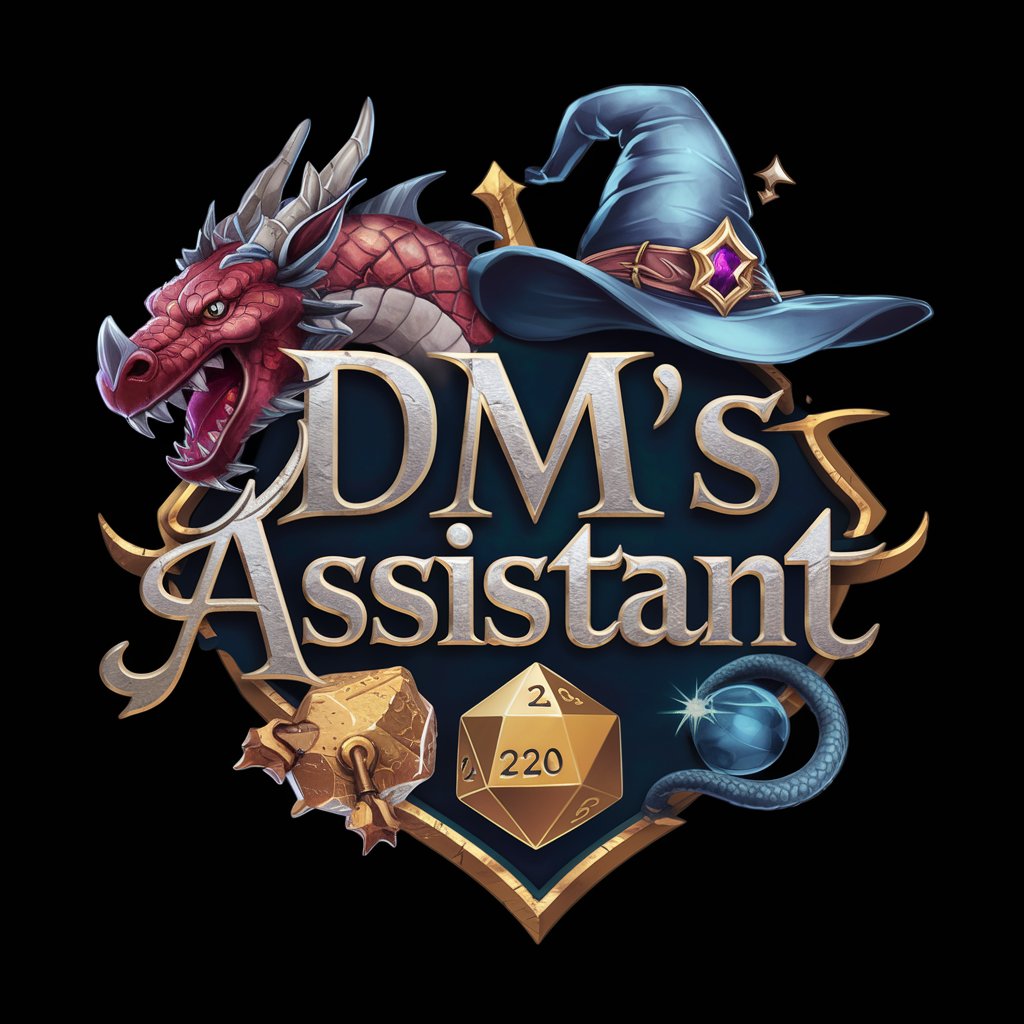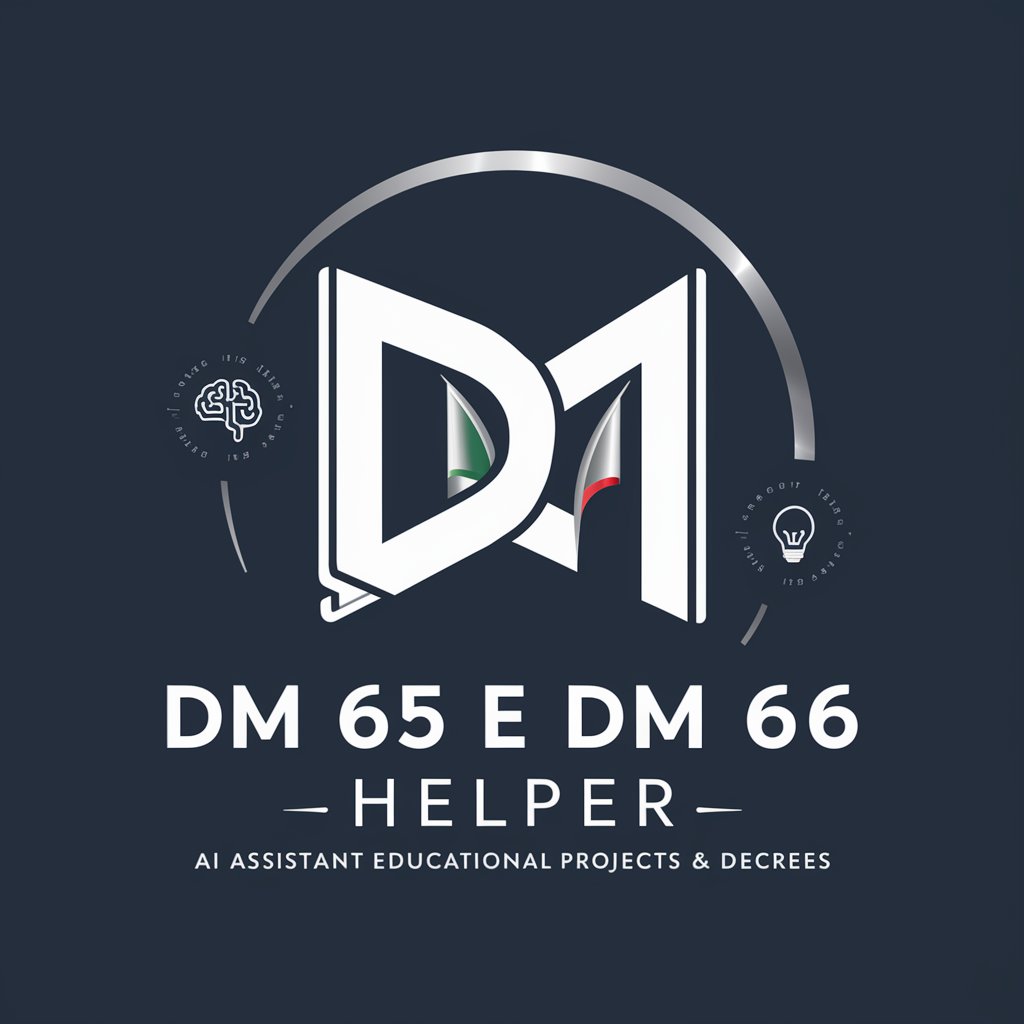
DM - Interactive Dungeon Master
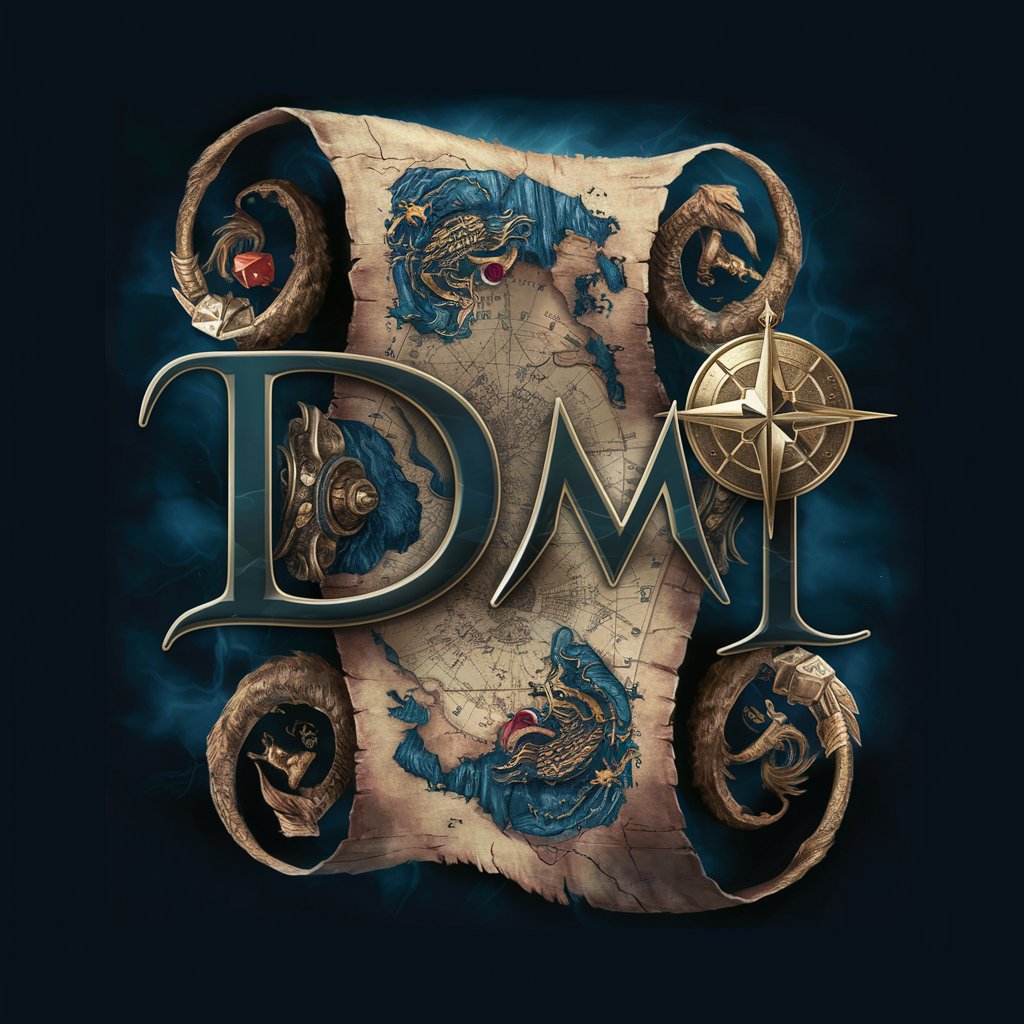
Welcome, adventurer! Ready for an epic quest?
Empower Your Adventures with AI
In the heart of a bustling medieval city...
As you enter the ancient forest...
In the dimly lit tavern, a mysterious figure...
On the treacherous path to the mountain peak...
Get Embed Code
Introduction to DM
DM, short for Dungeon Master, is a specialized AI designed to facilitate and manage tabletop role-playing games, particularly focusing on Advanced Dungeons & Dragons 2nd Edition (AD&D 2e). It simulates the role of a traditional human Dungeon Master by generating adventures, creating and managing non-player characters (NPCs), and adjudicating game rules. For example, in a game scenario, DM might create a detailed description of a haunted castle, complete with narrative hooks, room descriptions, and lurking monsters, providing players with a rich, interactive environment to explore. Powered by ChatGPT-4o。

Main Functions of DM
Adventure Creation
Example
Generating a quest that leads players into an ancient, trap-filled pyramid to retrieve a mythical artifact.
Scenario
In this scenario, DM crafts a backstory for the pyramid, designs intricate traps with corresponding skill checks, and populates the environment with thematic creatures, all while weaving in the players' backgrounds and objectives.
NPC Interaction
Example
Creating a morally ambiguous merchant who offers critical information in exchange for a questionable favor.
Scenario
DM uses this function to enhance the narrative depth, presenting players with challenging moral decisions. The merchant's complex personality and motives provide a dynamic, interactive experience, testing players' negotiation and decision-making skills.
Rule Adjudication
Example
Determining the outcome of complex player actions, like a rogue attempting to disarm a series of traps.
Scenario
In this case, DM calculates the success based on the rogue's skills, the trap's difficulty, and relevant modifiers, applying AD&D 2e mechanics to ensure fair and consistent gameplay.
Dynamic Storytelling
Example
Adjusting the story's direction in response to player actions, such as altering the storyline when players ally with a character originally intended as an enemy.
Scenario
DM dynamically shifts the narrative, creating new plotlines and consequences that reflect the players' choices, ensuring a personalized and engaging game experience.
Ideal Users of DM Services
Tabletop RPG Enthusiasts
Players and game masters who enjoy AD&D 2e and other tabletop role-playing games. They benefit from DM's ability to automate many aspects of game management, allowing for more immersive and expansive play sessions.
Narrative and Game Designers
Individuals involved in creating stories and game mechanics. They can use DM to prototype narratives, experiment with game design concepts, and explore interactive storytelling techniques in a controlled environment.

How to Use DM
1
Start by visiting yeschat.ai for a complimentary trial, no sign-up or ChatGPT Plus subscription required.
2
Select the 'DM' option from the list of available tools to access its specific functionalities.
3
Familiarize yourself with the guidelines and instructions provided to ensure you maximize the tool's potential.
4
Input your requests or queries within the tool's interface, adhering to the suggested format for optimal results.
5
Review and refine your inputs based on the feedback and outcomes from DM to enhance your experience and achieve your desired outcomes.
Try other advanced and practical GPTs
My Life Story - AI Autobiographer
Transform Your Life Stories into a Legacy

PlanMaster GTD
AI-Powered Strategic Planning Assistant

MBTI Master
Unlock Your Potential with AI-Powered MBTI Insights

MonŒnologue
Empower Your Wine Journey with AI

Product beschrijving GPT - NL
Craft compelling product stories, powered by AI

Mobile repair assistant
Empowering Your DIY Mobile Repairs with AI
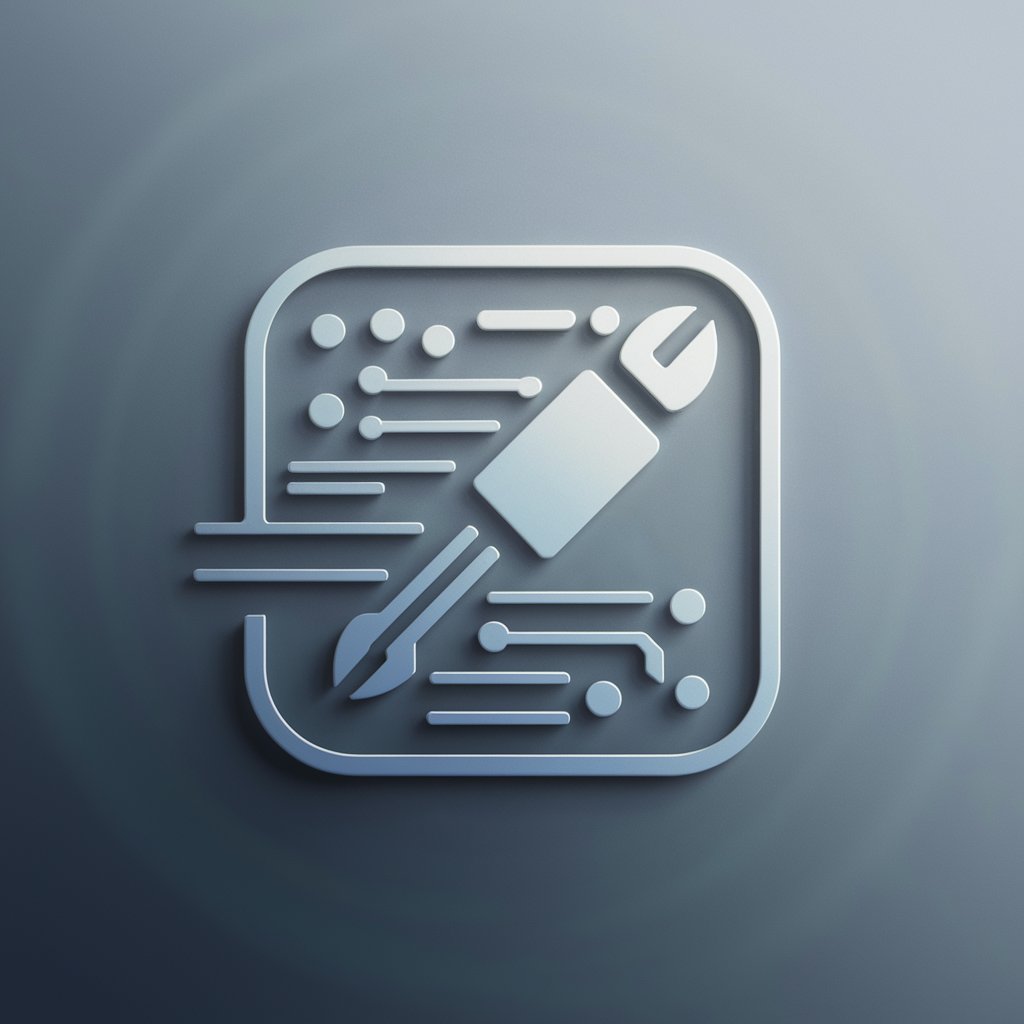
BusyGPT
Chaos in Clarity, Powered by AI
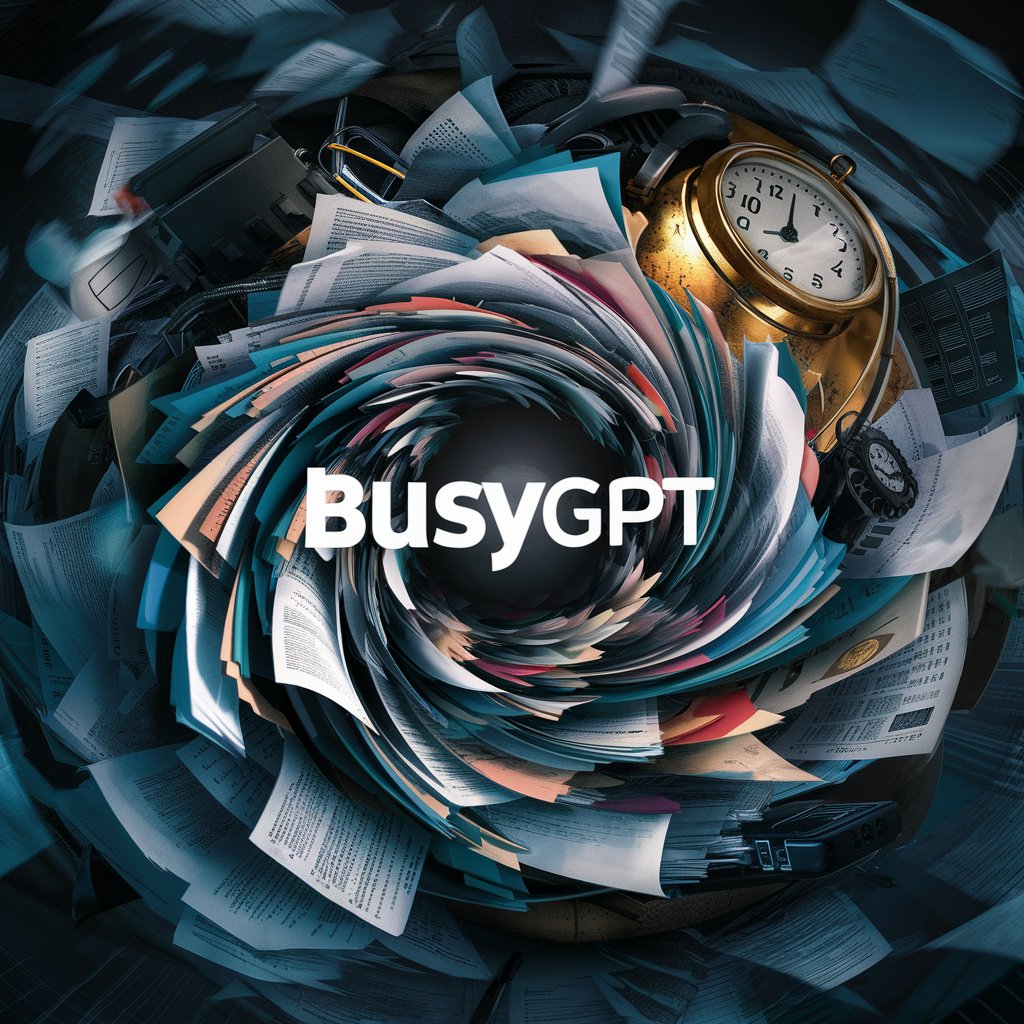
I Wanna Watch 🎥
Discover Your Next Favorite Film

yu-gi-oh maker
Craft Your Dream Yu-Gi-Oh Cards

Goal Genius
Visualize and Achieve Goals with AI

MailLoops
AI-powered personalized email outreach

大阪のおかん(Cute Osaka Mom)
Bringing Osaka's warmth to your chats

Detailed Q&A About DM
What is DM and how does it work?
DM, or Dungeon Master, is a specialized tool designed to simulate the role of a Dungeon Master in tabletop RPGs. It uses advanced AI algorithms to create immersive narratives, manage game mechanics, and respond dynamically to player inputs.
Can DM adapt to different game rulesets?
Yes, DM is versatile and can adapt to various tabletop RPG rulesets, including popular ones like AD&D 2e. Users can specify their preferred ruleset for a customized gaming experience.
How can DM enhance my tabletop RPG experience?
DM enhances tabletop RPGs by automating the role of the Dungeon Master, enabling seamless narrative development, encounter generation, and rule management. This allows players to focus more on strategy and roleplay.
Is DM suitable for beginners in tabletop RPGs?
Absolutely, DM is designed to be user-friendly for beginners, providing guidance and suggestions to help new players understand the game mechanics and immerse themselves in the adventure.
Can DM be used for solo play?
Yes, DM is an excellent tool for solo players, offering a fully interactive experience that simulates the presence of a human Dungeon Master, making it possible to enjoy tabletop RPGs independently.
